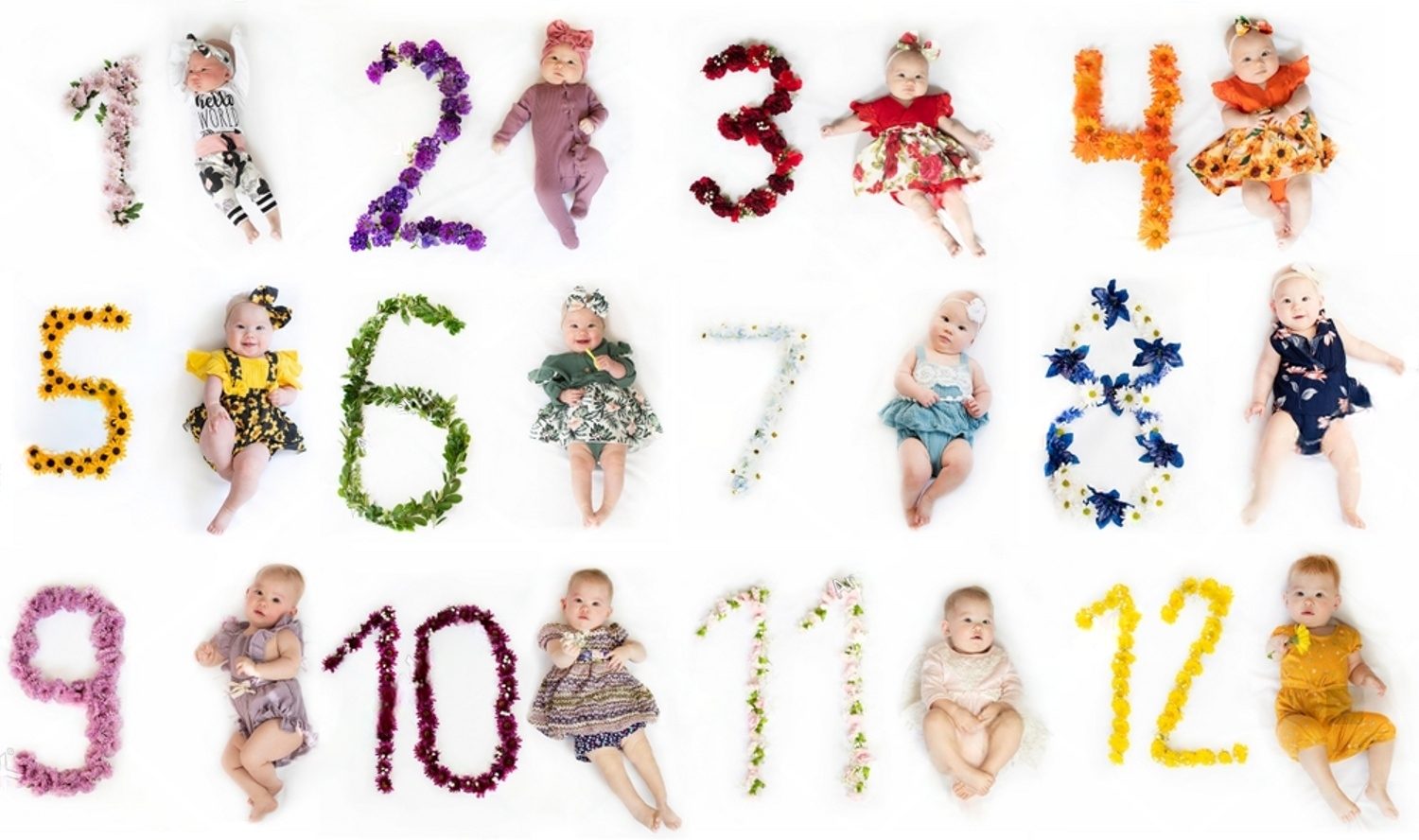
Baby’s Development Stages: A Journey of Growth and Discovery
As a mother, watching your little one grow and hit key milestones is an exciting and beautiful experience. Every stage of your baby’s development brings new discoveries and challenges. As a mom, it’s important to be patient and supportive as your little one grows. Celebrate their milestones, no matter how big or small, and cherish these precious moments!
Let’s take a look at the key stages of your baby’s development, from birth to 3 years old:
0-6 Months: The Beginning of Their Journey
In the first six months, your baby is adjusting to the world outside the womb. During this stage, your little one is learning to interact with their surroundings.
Physical Development
Your baby will begin to develop head control and may start to lift their head when lying on their tummy. By 3-4 months, they will begin to roll over.
Sensory Development
Babies begin to respond to sounds, recognize familiar faces, and focus on objects within their line of sight. Their sense of touch is developing, and they may start grabbing onto toys.
Communication
Your little one will start to show interest in different sounds and voices. Though they may not be able to communicate verbally yet, they will begin to make cooing sounds, and you may notice their attention shifting toward the direction of sound. Their hearing is developing rapidly, and they’ll start recognizing your voice among others.
Fine Motor
As your baby’s coordination improves, they will begin to fix their eyes on objects and may even show a preference for looking at faces. This is a significant milestone, as it shows the development of their visual tracking and hand-eye coordination.
Tip for Moms: Make sure your baby has tummy time for 5 minutes every day to strengthen their muscles and promote motor skills.
6-12 Months: Exploring the World
During the second half of their first year, your baby will grow more independent and begin exploring the world around them. This is when most babies begin crawling, sitting up, and developing their first teeth.
Physical Development
Expect more active movements like sitting without support, crawling, and eventually pulling themselves up to stand.
Fine Motor Skills
Your little one will begin to bang two objects together, making noise and experimenting with cause-and-effect. They may also start transferring objects from one hand to the other, a sign of increasing hand-eye coordination and dexterity.
Sensory Development
Babies at this age start to explore with their mouths, putting everything they can grab into their mouths to understand textures and tastes.
Communication Skills
Your baby will begin making more complex sounds and may say their first words. They will respond to their name and simple commands like “bye-bye” or “come here.”
Tip for Moms: Offer soft, safe toys that encourage exploration, and begin introducing solids to your baby’s diet to support their growing nutritional needs.
1-3 Years: Becoming More Independent
Your toddler is now becoming more mobile, and their curiosity about the world is growing by leaps and bounds. Their motor skills and communication abilities will improve rapidly.
Physical Development
Your toddler will likely be walking, running, and climbing. Fine motor skills are improving, and they will begin to use their hands more precisely for feeding themselves, stacking blocks, and drawing.
Sensory Development
Their sense of sight, sound, and taste is refining. They may begin to recognize shapes, colors, and even letters, as well as show preferences for certain foods.
Communication Skills
Vocabulary expands significantly, and your toddler may start stringing words together into simple sentences. They will also begin to understand and follow simple instructions.
Tip for Moms: Encourage your toddler’s independence by allowing them to explore new activities and giving them age-appropriate toys to develop their fine and gross motor skills.
